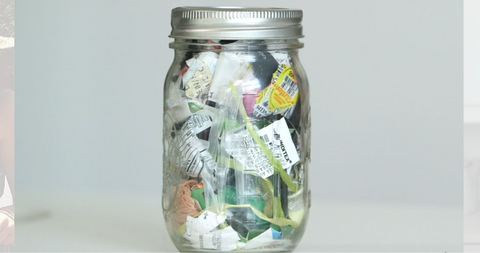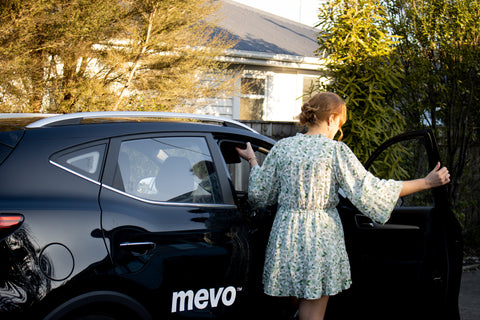The idea of reducing your waste to fit inside a mason jar, also known as the "Mason Jar Challenge," has gained popularity in the last few years as a way to visualise and track your progress in reducing waste. If you haven't heard of it, the idea is that by the end of the year, all of your waste for that year should fit inside a single mason jar.
While this concept may seem appealing and motivating to some, it is important to recognise that it's not a realistically attainable goal for most people. For me, it wasn't a healthy one. Obsessed with the notion that in order to be truely sustainable I couldn't fail, I found myself not eating a balanced diet, skipping medications due to excess packaging, and overall leading an unhealthy lifestyle. The irony for me was the lifestyle I had to lead to achieve the Mason Jar Challenge was not sustainable, and honestly, I'm glad I gave up when I did.
The Mason Jar Challenge only takes into account one aspect of sustainability: waste reduction. However, sustainability is a multifaceted issue that also includes considerations such as energy consumption, water usage, and pollution. By focusing solely on waste reduction, the Mason Jar Challenge can lead to a false sense of accomplishment and neglect other important sustainability issues.
The challenge is also based on the idea that an individual's actions alone can make a significant impact on the environment. In reality, significant progress towards sustainability can only be made through collective action and systemic change. While reducing one's personal waste is important, it is not enough to combat the environmental crisis we face today.
While the challenge may be attatinable for some, for most people its not due to factors such as location, socio-economic status, access to resources and availability of time. People living in areas with limited recycling options or access to bulk food stores will find it difficult to reduce their waste to the extent the challenge requires, and households where all adults work full time might not have the time to make everything from scratch or be able to visit multiple stores to do their grocery shopping.
Does that mean we should all give up? Of course not! But sometimes social media can make a perfectly zero waste lifestyle look easily attainable, inducing anxiety and negatively affecting your mental wellbeing when you can't make it work in your own home.
instead of focusing on the unattainable goal of reducing waste to fit in a mason jar, we think it's better to focus on sustainable actions that can be implemented by many and for the long term. Some examples include supporting local and sustainable business, buying in bulk, reducing meat consumption, and investing in quality products that will last.
It's important to remember that sustainability is a journey and small steps are still progress. It's not about perfection, but about constant improvement. Instead of putting pressure on yourself to fit a year's worth of waste in a jar, focus on educating yourself on sustainable practices, finding ones that would work for you and slowly implementing them in your daily life.




Comments (0)
There are no comments for this article. Be the first one to leave a message!